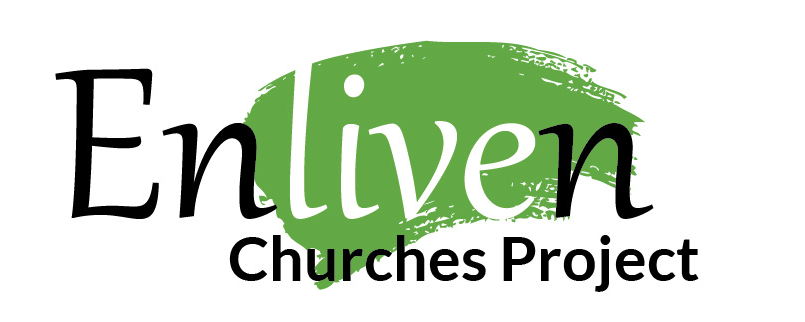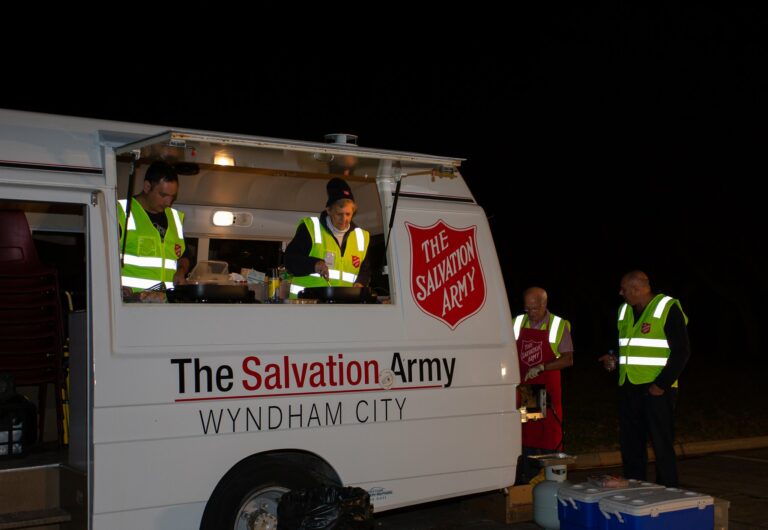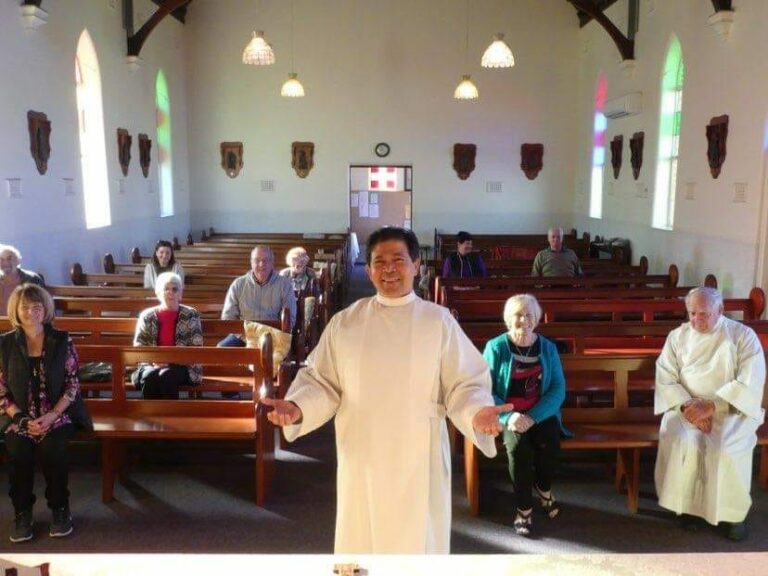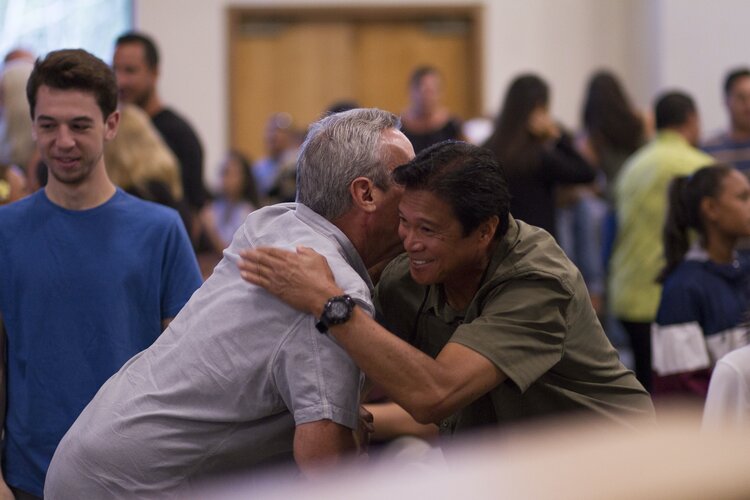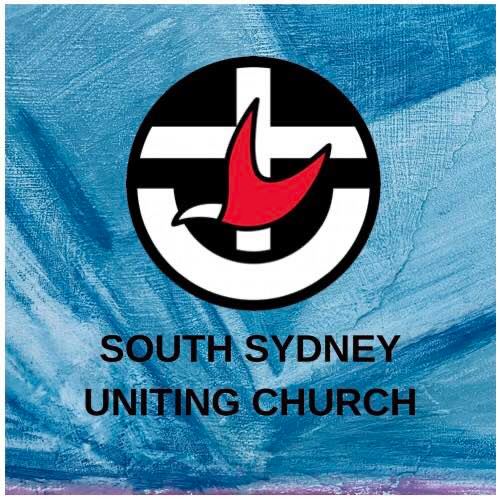Here’s an excerpt from our interview with South Sydney Uniting, whose leaders and their team, build their health and vitality through initiatives such as this.
Read the conversation below.
NCLS: How does leadership happen here?
AC: I guess leaders have diverse gifts and connections and the effectiveness is that, if I think of each of the elders over, say, 10 years, they know people in the community that they introduce me to that I don’t necessarily know. So, each of them has a community that they know well in the broader community, whether that’s the LGBTQI community or whether that’s the community centres, or whether that’s the housing estate community.
I mean, with the South Sydney Herald you’ve got football, politics. We’ve had columns in our paper form the local federal and state members ever since I can remember, so we know them quite intimately. You know? And local council too.
NCLS: So, how do you identify and empower and release and equip these leaders, this diverse group of leaders. Do they see themselves as leaders?
AC: I think it’s an ever-evolving kind of thing. It’s probably more implicit, in the sense that they might be quite humble about being regarded as leaders, though they are proud to be elders. You know, in other churches, they’ve baulked at that word, you know, so here they actually quite like that. But it’s ever-evolving as well. So, our discernment processes and elections and commissioning and meeting process, and stuff like that, have continued to evolve as we learn. We learn as we go, you know.
So, one of our leaders has been an excellent leader in that way, with a keen eye on good systems and good processes, which calls people to a certain excellence and accountability.
NCLS: How is this huge eldership developed or nurtured?
AC: There’s a sort of cycle in the year that we dovetail with the liturgical cycle. So Lent, for example, is a period of discernment. And then at the end of this year we do a sort of pre-discernment thing.
My minister in association here, Dorothy McRae-McMahon and I will meet with each of the elders for a, sort of, vital ministry conversation. And we tried that last year and we sort of sharpened that a bit this year with, sort of, specific questions. And then that will help us to identify some themes to do with leadership and culture and processes. And, you know, seasons of commitment, transitions from one leadership role to another for people so that their leadership, their ministries, are owned and loved as ministries. As vocations. And that they don’t ever get stuck or overwhelmed or think, what did I sign up for?
And then that will inform our processes for Lent and we do a discernment process where we take several weeks to silently nominate, recognizing the gifts for leadership in the group. So, that was an idea that I picked up from the Reverend Ken Day, who was at Terrigal at the time. He’s now at St. Stephens. And he told me about that one day, so I tried that, and we’ve honed that. And that’s like, instead of it being an overtly political exercise of who’s going to second my nomination and chats over morning tea and stuff. It’s silence and the holy spirit is the seconder.
And so, people have a chance to hear what eldership is all about, to identify those with skills and gifts for that ministry and then over four weeks or so, to do that. And then Dorothy and I will look at that and where there are two or more nominations for one person, we go and have a word with that person to discuss whether they would be willing to stand for a ballot.
Yes, so, we try not to rush the process and we try to make it as theological and as empowering as possible. Because that’s not just about identifying the elders, it’s about identifying all of the gifts that are needed for ministry on the working groups and in the life of the parish.
NCLS: So, are you trying to then fill a series of roles that you’re aware need to be filled?
AC: Well, we’re trying to be aware of what the ministries are. And so, the idea of having these 10 to 16 elders on the church council, which just meets quarterly, is so that there’s at least two elders in every working group, and then there’s six working groups. So, there’s your twelve, and then we’ve got the executive and we’ve got a presbytery rep, et cetera. So, that’s just how the numbers form when you look at it like that.
And that doesn’t mean that the working group is necessarily run by an elder, it just means that there’s elders there to help with reporting back to church council. But, if we find someone with the gifts to lead the children’s group, they might not be an elder, but we would rejoice in that. And hopefully, you know, we want to grow these groups, so this is still just the last couple of years of having this. Maybe this is the third year of this kind of evolving structure and the explicitness of it. You know?
NCLS: Do you do other things, in terms of equipping either your group leaders or your elders or things like that?
AC: Yes. We had an elders’ retreat. We’ve tried that a few times, but this year it was an Ignation retreat which we offered to the elders through the pastoral care formation group. And so, not every elder came to that, but those that did, want to do it again. So, that will continue.
We have a mentoring programme that is ever evolving. But that’s about experienced elders or church council members offering support to first-time elders. And that runs through the year. So, a new elder is assigned a mentor.
And I try to make time to meet with and to know what’s happening with elders throughout the year.
